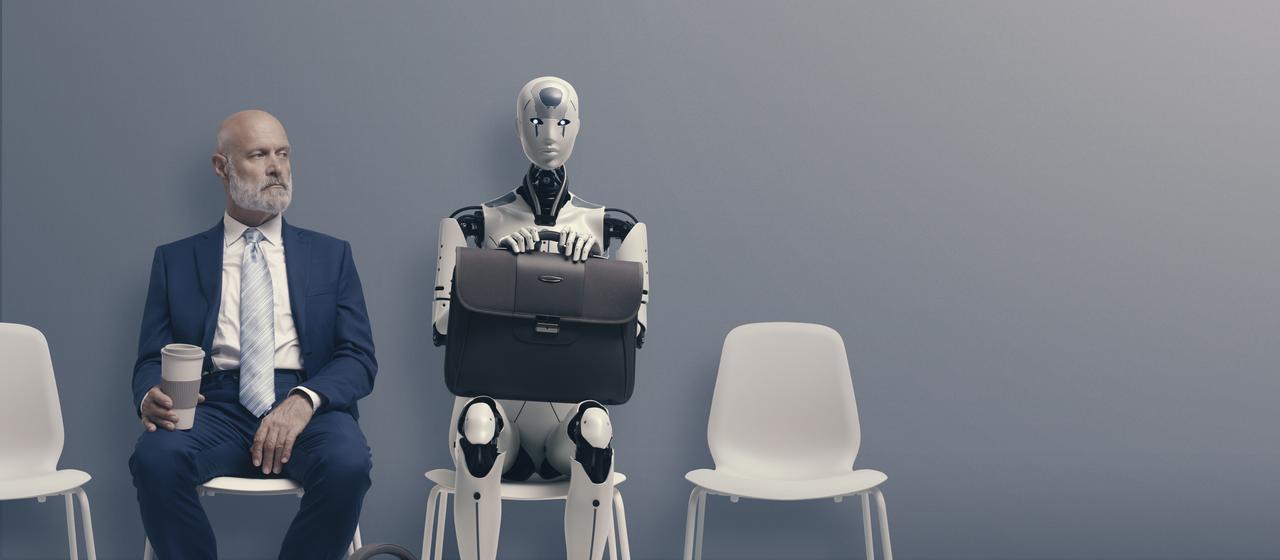
The swift adoption of artificial intelligence (AI) technologies in everyday activities has sparked concerns over their impact on critical thinking and deep cognitive skills.
Education experts warn that AI's capacity to provide immediate and consistent responses may eliminate the beneficial confusion necessary for problem-solving and academic growth.
They caution that young people are increasingly urged to outsource their thinking to large language models (LLMs), potentially undermining their cognitive development.
Opponents of AI tools argue these systems should complement, not replace, human thinking, highlighting the risk that overdependence on LLMs may degrade essential long-term cognitive abilities.
A recent study from the Massachusetts Institute of Technology (MIT) focused on the effects of ChatGPT, one of the leading AI chatbots, and found evidence linking its use to diminished brain activity and motivation to learn over extended periods.
The MIT Media Lab's research, titled “Your Brain on ChatGPT,” involved 54 individuals aged 18 to 39, divided into three groups for an essay-writing task: those using ChatGPT, those relying on Google searches, and those working unaided.
Researchers monitored participants' brain electrical activity using electroencephalography (EEG). Results showed that ChatGPT users exhibited the lowest levels of cognitive engagement and mental effort.
According to the study, participants who composed essays unaided showed the most extensive brain network activity, followed by the search engine group, while the LLM-assisted group displayed the weakest connectivity.
Furthermore, individuals dependent on ChatGPT tended to recycle phrases by their third essay, occasionally submitting minimal modifications of AI-generated text. In contrast, the unaided group demonstrated the highest originality and creativity.

Avijit Ghosh, an associate researcher at the University of Connecticut, explained to Anadolu Agency that AI’s quick provision of answers removes the “productive struggle” necessary for building strong cognitive faculties and nurturing deep reasoning.
He described reliance on AI as a form of metacognitive laziness, which is increasingly widespread among young LLM users and undermines the development of critical thinking.
Ghosh added that while AI has the potential to stimulate question-asking when used appropriately, personalized AI systems may entrench users' existing biases, limiting exposure to diverse viewpoints.
He warned that AI might suppress curiosity rather than promote it and impact how individuals seek and challenge information.
Barbara Oakley, a professor of industrial and systems engineering at Oakland University, told the Anadolu Agency that she highlighted the risks of cognitive offloading when people excessively depend on AI to handle mental tasks.
She gave a cautionary example of a Finnish nursing student who, lacking fundamental multiplication skills, blindly accepted a calculator error while dosing medication, demonstrating the dangers of missing internal cognitive checks.
Oakley emphasized that a foundational grasp of a subject is essential before consulting AI, enabling it to serve as an effective assistant.
She noted that in highly critical sectors like healthcare, engineering, and finance, internalized knowledge remains crucial as a safeguard against technology failure or user mistakes.
She recommends that AI systems be developed as collaborative thinking partners, helping learners engage with material at an optimal level of challenge to maximize learning effectiveness.